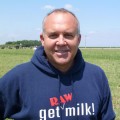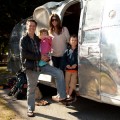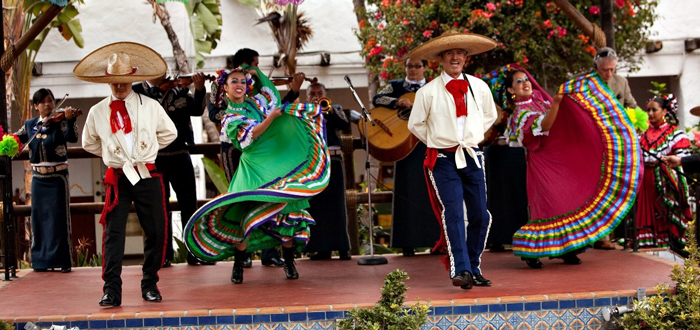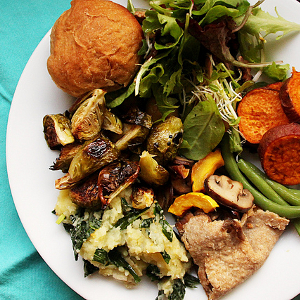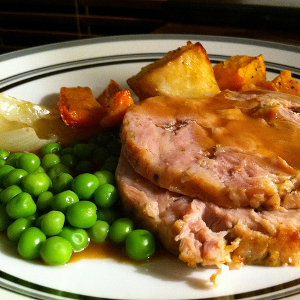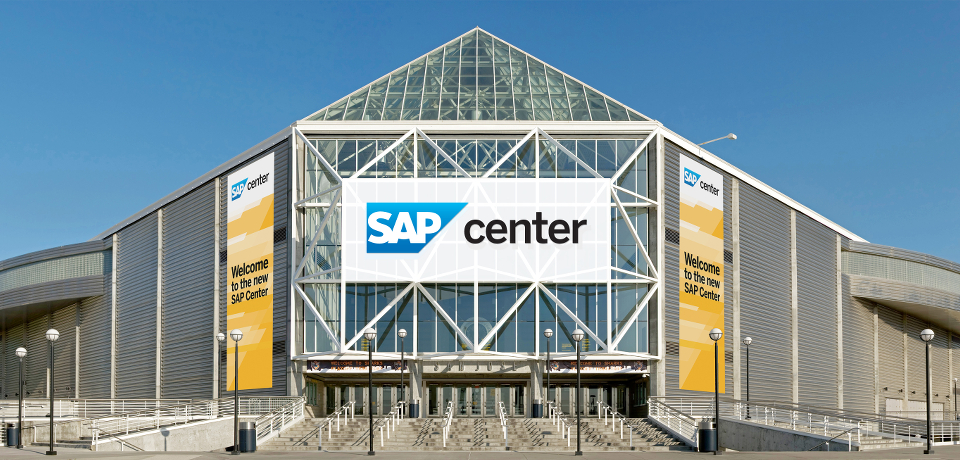Our trip to California Cloverleaf Farms, just outside of Turlock, felt like our first journey into the heart of big ag country. Cruising around the Bay Area and Northern California for the past four weeks was great, but somehow I felt all the small family farms were the exception to the rule. And the rule is large, high-production farms and ranches that dominate California’s Central Valley.
When people talk about industrial agriculture and all its attendant problems (use of petroleum-based pesticides and fertilizers, crowded conditions for livestock, dependency of antibiotics, monocrops, animal waste) this is where it all happens. The road to meet Ward and Rosie Burroughs at their California Cloverleaf Farms, a 3,000-acre ranch and dairy that supplies milk to Organic Valley, was a tour through the dark side of American food production. We passed grim, windowless warehouses where Foster Farm chickens live their short, miserable lives. It’s hard not compare them to concentration camps. They certainly look the part.
Next came the sinus-stinging stench and blight of confinement dairy operations, cows kept in tight, mud and manure-caked quarters without so much as a blade of grass. This is where the vast majority of milk cows spend their short lives (about three years before the intensive milking takes its toll).
As we entered the Burroughs’ ranch with the Sierras in the background I felt myself relaxing as the factory farms gave way to green fields of rolling pasture and hundreds of cows doing what they were made to do: eat grass. Make no mistake. This is a big farm, and in the Bay Area, there’s a notion that only small farms can do right by the land and animals. But the Burroughs’ diversified farm will disabuse you of that idea right away.
Ward Burroughs is a third-generation cattle rancher and dairyman. His grandfather came to California from Illinois to start a dairy in eastern Contra Costa County. His father bought a sprawling ranch that Ward and his brother later divided in half. Ward’s is organic, and his brother’s is not. Wards’ ranch is a true family farm, with each of the family’s adult children running a different operation: dairy, chicken farm and almond orchards. Rosie even makes some delicious Gouda cheese under the Benina Crema Cheese label. All the operations are run with an eye to sustainable land and resource use.
With some prodding from his kids, Ward and Rosie Burroughs made the transition to a grass-based, organic operation. Ward had been a conventional dairy farmer, feeding his cattle in a confined operation and using whatever chemical products were at hand. But he saw another way forward. Pasture-based dairy ranching was once the norm in the United States, but over the past 50 years, it has been replaced by chemical dependent, confinement operations where the animals see precious little grass. Ward and Rosie looked to New Zealand for advice, because there’s a thriving grass-based agriculture there. Out here in the Central Valley, they were the oddballs bucking the industrial agriculture system. “We had to stick our necks out and do it all on our own,” says Rosie. “It was really scary.”
The shift to pasture-based cattle has produced a shift in their thinking as well. “Our focus isn’t on milk production,” says Rosie. “It’s on grass. We don’t say we’re dairymen. We’re grass farmers.” Now they’ve got a thriving dairy and a diversified farm run by their adult children who are moving into directions they never imagined.
Food editor Stett Holbrook is on the road, traveling in a 1965, 26-foot Airstream trailer with his family to research and promote Food Forward (foodforward.tv), a documentary series for public television about the people changing our food system—and to promote Boulevards New Media.
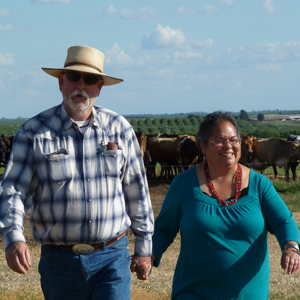
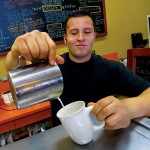 Review: Huipil
Review: Huipil 
